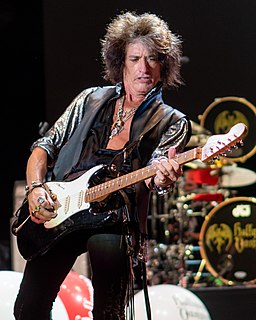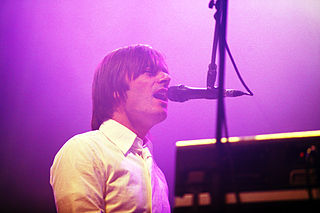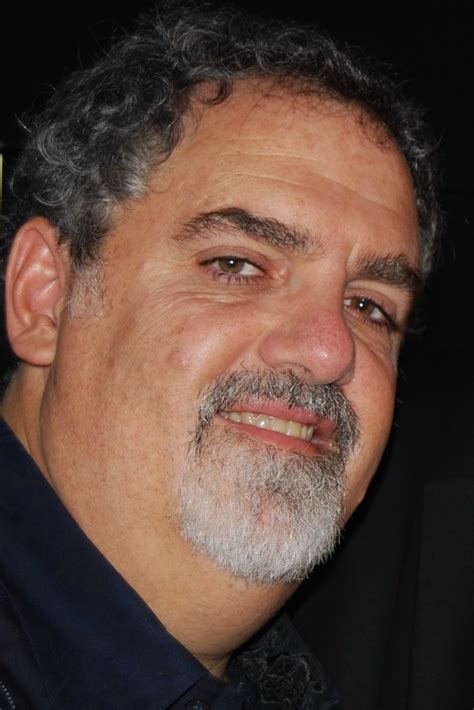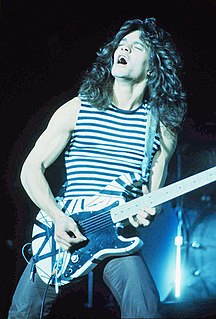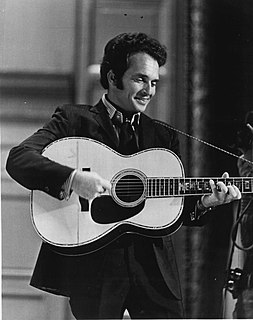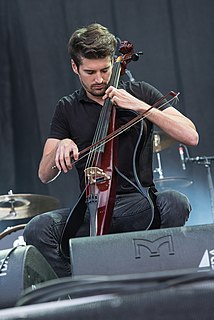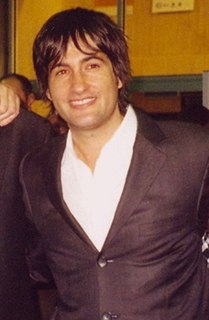A Quote by Joe Perry
The Beatles had some juice when it came to distortion, but Clapton was finally able to break through those early studio engineers' fear of overloading. He defined the sound that guitarists spend the rest of their lives trying to get.
Related Quotes
I love the balls-to-the-walls rule-breaking approach the Beatles had in the studio (which I emulate), although I don't try to make my songs "sound" like their songs. But every time I crank a knob of some piece of equipment, or plug an instrument into the "wrong" amp/effect, I am channeling the Beatles.
We like the ambiance and atmosphere, and we felt really early that... I mean, of course, Air is an electronic band, but we are doing so many real recordings and the studio is so important for the sound. The acoustics create atmosphere and emotion. Also we want to be independent, we don't want to be obliged to go into a commercial studio and only stay one week because it's really expensive. We want to be able to give a chance to a song, and to spend a lot of time in the studio.
The modern recording studio, with its well-trained engineers, 24-track machines and shiny new recording consoles, encourages the artist to get involved with sound. And there have always been artists who could make the equipment serve their needs in a highly personal way - I would single out the Beatles, Phil Spector, the Beach Boys and Thom Bell.
There's two or three kids out there trying to make good music, and the rest of them sound like it's been strained through some kind of white toast or something. It all sounds just too neat and perfect, with no surprise to it at all. No story, no nothing. It's like building cars, like an assembly line. It doesn't sound like anything that came from a guitar.
I mostly used the studio devices, because I knew what they had. Generally I find I'm happy to use whatever's around. If there's nothing there I'll make something. For example, one of the things I tried doing was getting a tiny loudspeaker and feeding the instruments off the tape through this tiny speaker and then through this huge long plastic tube - about 50 feet long - that they used to clean out the swimming pool in the place where I was staying. You get this really hollow, cavernous, weird sound, a very nice sound. We didn't use it finally, but nonetheless we well could have.
It struck me that Steve Jobs, known to be such a brilliant speaker, had a very difficult time explaining things when he was younger. He was describing technology that didn't exist. He had MIT engineers, and he was trying to tell them what he wanted; but there were no terms for what he wanted yet. I think a lot of his early frustration was trying to quickly get his vision to the finish line.
